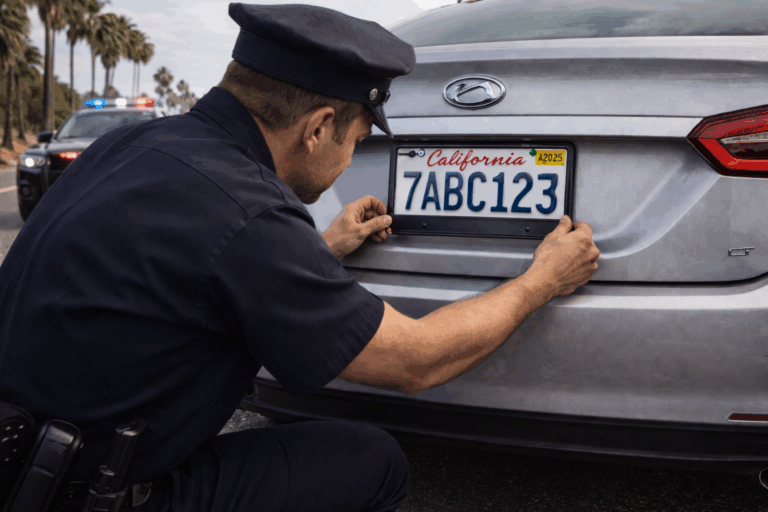A CDL is a license classification that is required for most forms of commercial driving. For instance, you cannot operates a tanker truck or move hazardous waste materials without a commercial driver’s license or without the proper endorsements for that license. However, not every occupation requires such a license. Some box truck drivers do not require a CDL, but if you are interested in driving larger trucks and avoiding legal ramifications and a CDL ticket lawyer, then you will likely need an A or B CDL. What is CDL A or B?
Class A CDL
If you are going to be driving a semi-truck or tractor-trailer, then you better have a Class A CDL or get yourself some great reckless driving lawyers. This license class pretty much ensures that you can drive any type of commercial vehicle, as long as you have the appropriate endorsements. While these licenses allow you to drive 18 wheelers and anything smaller, it might also be a little overkill if you are not looking to drive larger and heavier rigs. Mainly, a Class A CDL license is required for the operation of any combination of vehicles that reach a weight of 26,001 pounds or more. This specification includes a towed vehicle of 10,000 pounds or more. In this weight class, a license holder would be able to drive a tractor-trailer, tanker vehicles, flatbeds, livestock vehicles and trailer combinations. Additionally, a Class A license will allow the holder to operate any class B vehicles as well.
Class B CDL
Why would you want a Class B CDL? What is the difference between class A and class B CDL? Essentially, a Class B license limits the size and weight of the truck a driver can operate. Also, it limits the driver to running only full-frame trucks, which means that tractor-trailers are off-limits. While this license classification does limit the vehicles a commercial driver can operate, not every driver needs the flexibility of a Class A license. A Class B license allows the driver to run several different vehicles.
- Straight trucks
- Segmented buses
- Passenger buses
- Dump trucks
- Garbage trucks
- Box trucks or delivery trucks
- Food trucks
Career Options
If you are just considering your career options in truck driving, then it can be challenging to settle on a classification. However, there is no need to decide on a career path right now, especially if you choose a Class A CDL. This license is the most versatile CDL, and it will qualify you to operate almost any commercial vehicle, as long as you receive the necessary endorsements. The only way it is recommended not to pursue a Class A license is if you already know where you are going to work and understand the specific qualifications for your career. However, even when a Class A CDL isn’t required, it might still be beneficial to acquire one for future career opportunities. The fact is a Class A license provides more driving opportunities, and the path to licensure is similar to a Class B license. Therefore, why choose a more restrictive license?
It is necessary to understand CDL class differences to come to an informed decision about selection. Class A has several advantages over Class B, the most obvious being career opportunities. However, a Class B license might be more than enough for you to gain employment in a specific position. Regardless of your career objectives and which classification you choose, know that a career in truck driving is increasing your road time and thereby your risks of traffic citations. Therefore, once licensed, contact a local CDL ticket attorney to discuss any precautions you should take as a new driver.



